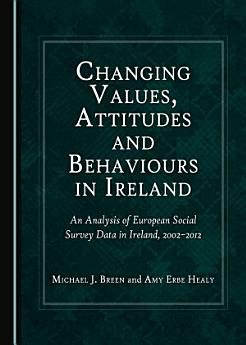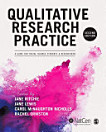Changing Values, Attitudes and Behaviours in Ireland: An Analysis of European Social Survey Data in Ireland, 2002-2012
About this ebook
The book’s core chapter deal with the primary themes of the European Social Survey: Institutional Trust, Democracy and Legitimacy; Political Engagement and Socio-Political Values; Moral and Social Values; Social Capital and Social Exclusion; and National, Ethnic, and Religious Identity. A separate chapter focuses on the survey’s rotating modules, which change from survey to survey. These topics include Citizenship, Involvement and Democracy; Immigration; Well-Being; Health; Economic Morality in Europe and Welfare Attitudes; and Trust in Criminal Justice. Each chapter provides a list of background literature to the topic in Ireland, an analysis of the data that will be both accessible for the general reader, but offering something deeper to the expert, and a clear comparison of how the Irish data fit in with the rest of Europe.
This book charts a changing Ireland over a highly significant period of its history. Given the significance of the ESS as the most rigorous social science survey in Europe and the scope of its questionnaires, this volume is highly pertinent both in terms of how it maps political, social, demographic and attitudinal changes in Ireland, and in the way it places those changes within a European context.
About the author
Dr Amy Erbe Healy is a quantitative sociologist, currently working on the New Deals project at Maynooth University, Co. Kildare, Ireland, comparing workplace regimes in Europe. Previously, she worked in the Department of Sociology at the University of Limerick both as a Lecturer and a Research Associate, and as a Postdoctoral Researcher at Mary Immaculate College, University of Limerick analysing the European Social Survey. She holds degrees from the University of Illinois, Urbana-Champaign, the University of Wisconsin at Madison, and the University of Limerick. Her research focuses mainly on cross-national comparisons and change over time within a European context. She has an interest in stratification and social exclusion. Recent research has looked at secularisation theory, convergence theory vis-à-vis consumption, the impact of austerity on political legitimacy, and the impact of austerity on religious belief and practice.





